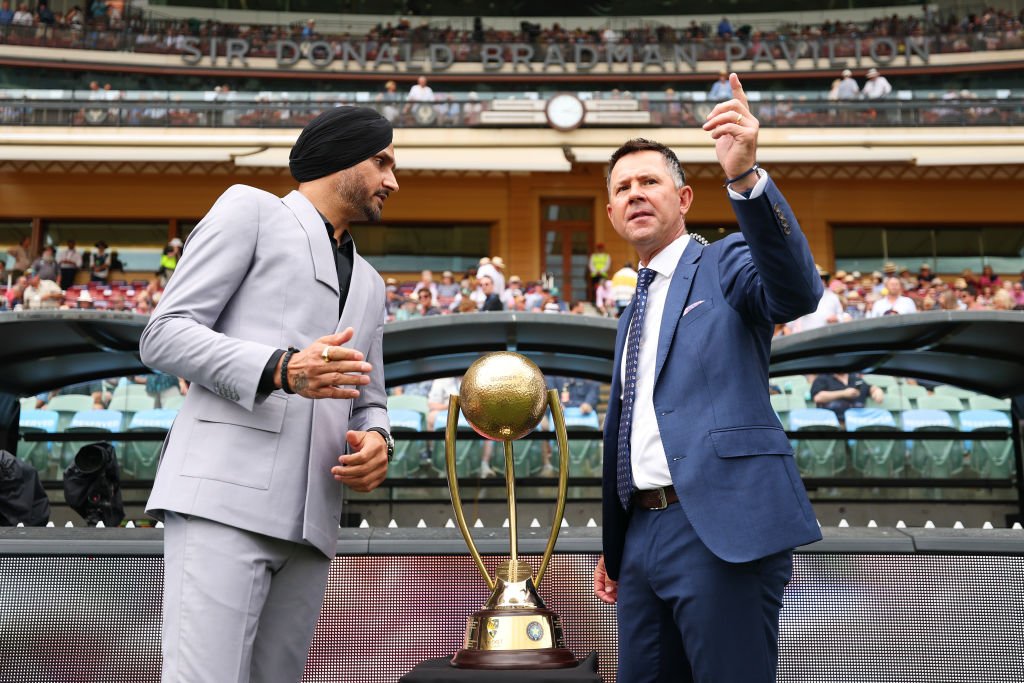
Harbhajan Singh, one of India’s cricketing legends, believes that the extended gap between the first and second Tests in the ongoing Border-Gavaskar Trophy played a significant role in India losing their momentum. Speaking to Star Sports, Harbhajan analyzed how the 10-day interval disrupted the rhythm that the Indian team had built with their emphatic 295-run victory in the series opener at Perth. He emphasized that maintaining momentum in a tightly contested series is critical, particularly against a formidable opponent like Australia.
In the first Test, India displayed dominance with both bat and ball, setting a strong tone for the series. However, in the second Test at Adelaide, the visitors appeared off their game. Struggling to cope with the moving pink ball under lights, India’s batting lineup faltered, managing only 180 runs in their first innings. Mitchell Starc led Australia’s bowling attack with an impressive six-wicket haul, while Travis Head anchored the hosts’ batting effort with a commanding 140-run knock.
The extended gap gave Australia time to regroup and refine their strategies, while it seemingly disrupted India’s cohesion. Harbhajan pointed out that prolonged breaks can break the psychological edge a team gains after a significant win, especially in Test cricket, where rhythm and form are paramount. He suggested that tighter scheduling might help teams maintain focus and intensity throughout a series.
India’s performance in the second Test underscored the importance of adapting quickly to conditions. While bowlers like Mohammed Shami and Jasprit Bumrah tried to keep the team in contention, the lack of substantial contributions from the batting order left India with a mountain to climb. Australia capitalized on the opportunity, chasing down a modest target with ease and leveling the series.
Harbhajan’s insights highlight the psychological and strategic intricacies of Test cricket. As India looks to bounce back in the series, the importance of maintaining momentum and managing gaps between matches will be key lessons for the team. The Border-Gavaskar Trophy, renowned for its intensity and drama, continues to challenge both teams, pushing them to adapt and excel under pressure.

